
Professional Mosquito Control Services
Professional Mosquito Control Services
With over 3,000 different species worldwide and 176 in the United States alone, mosquitoes are among the most dangerous pests on the planet. While most mosquitoes live outdoors, they actively seek out humans and can transmit serious diseases through their bites. Our professional mosquito control services provide targeted solutions to eliminate these blood-feeding pests from your property and prevent future infestations.
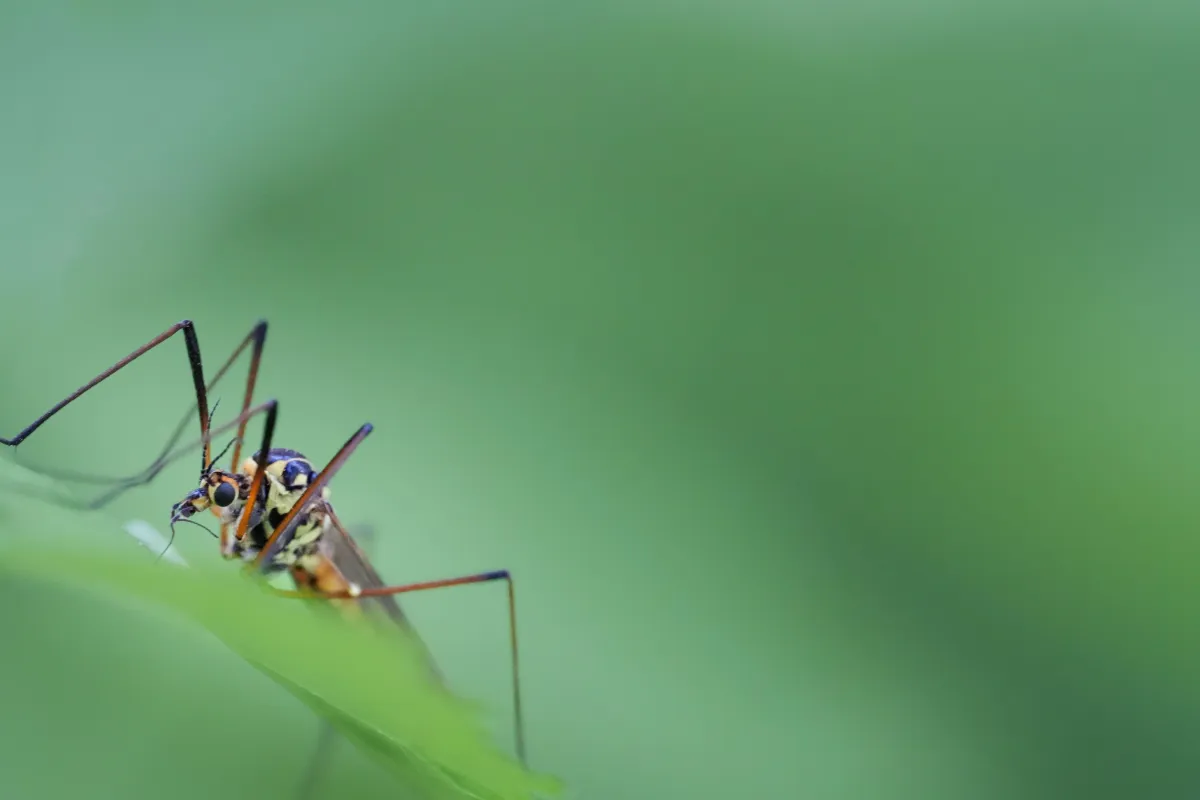
Understanding Mosquitoes
What Are Mosquitoes?
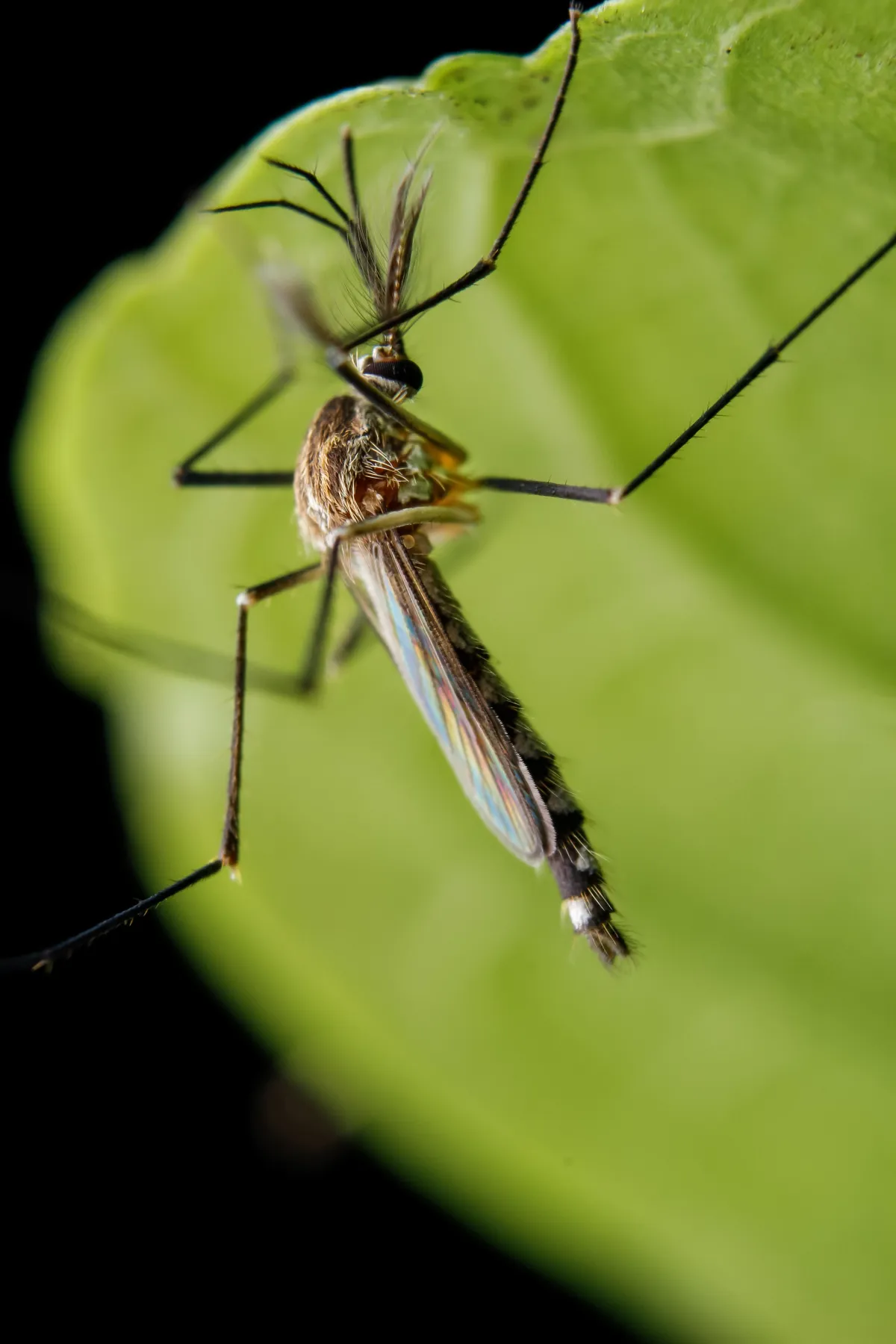
Mosquitoes are slender, long-legged insects belonging to the family Culicidae. Their name comes from Spanish, meaning "little fly." Female mosquitoes are known for their blood-feeding behavior, which they require for egg development. These persistent pests can breed rapidly in small amounts of standing water and are most active during warm months, posing both a nuisance and significant health risks through their ability to transmit various diseases.
Mosquitoe Characteristics
Appearance: Thin bodies made up of three sections, long legs, and a distinctive proboscis for feeding
Size: Range from 1/8 to 3/8 inch in length depending on species
Life Cycle: Complete metamorphosis with four stages: egg, larva, pupa, and adult
Lifespan: Adult females typically live 2-3 weeks in summer conditions
Diet: Males feed exclusively on plant nectar; females feed on nectar but require blood meals for egg production
Common Household Mosquito Species
Several factors can make your property attractive to mosquitoes:
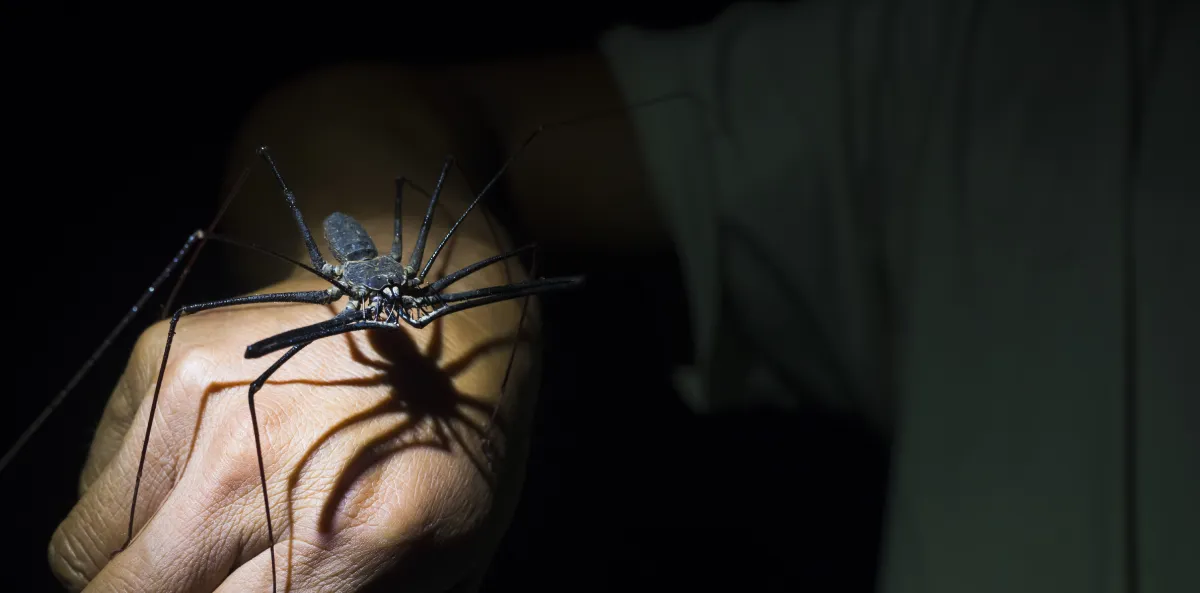
Asian Tiger Mosquito
Size: About 1/4 inch long
Color: Black with distinctive white stripes on body and legs
Behavior: Aggressive daytime biter that breeds in small containers of water
Concern: Can transmit diseases including Zika, dengue, and chikungunya viruses
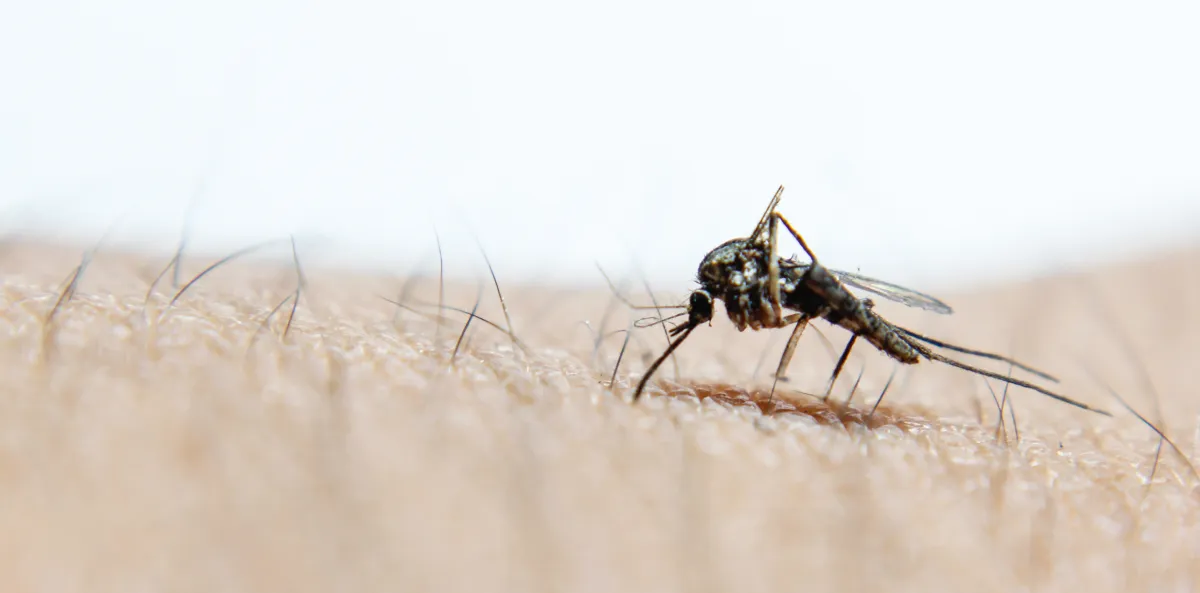
Culex Mosquito
Size: About 1/4 inch long
Color: Brown with pale bands on abdomen
Behavior: Most active at dusk and dawn, breeds in standing water
Concern: Primary vector for West Nile virus in many regions
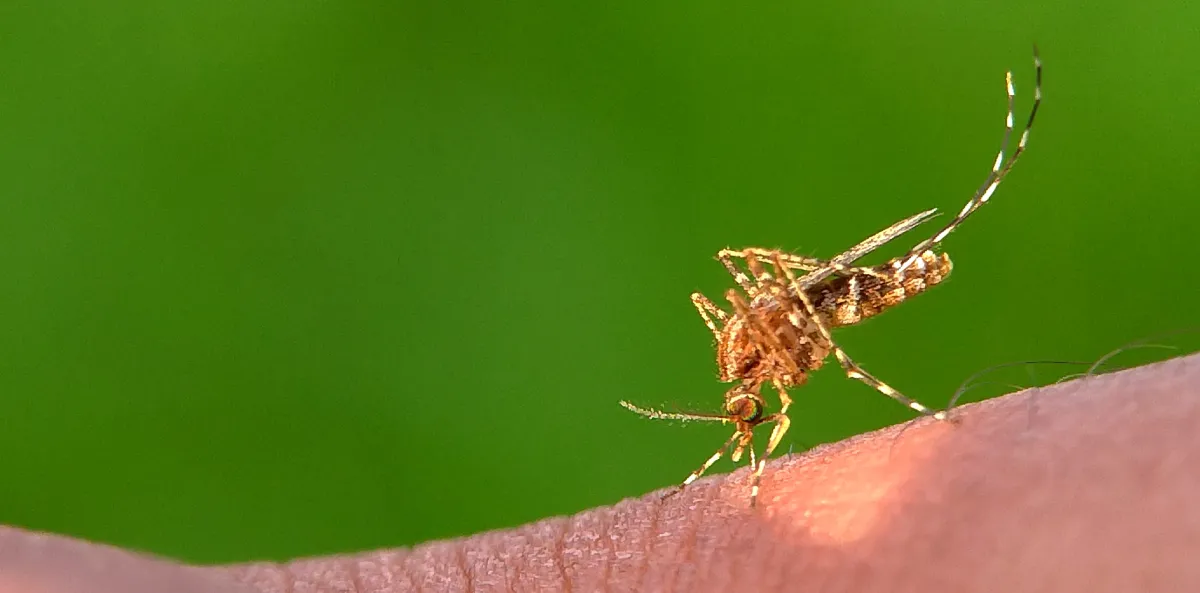
Anopheles Mosquito
Size: About 1/4 to 3/8 inch long
Color: Brown to black with pale or white markings
Behavior: Most active in evening and night hours
Concern: Known to transmit malaria in tropical regions and can carry other pathogens
Signs of a Mosquito Infestation
You may have a mosquito problem if you notice:
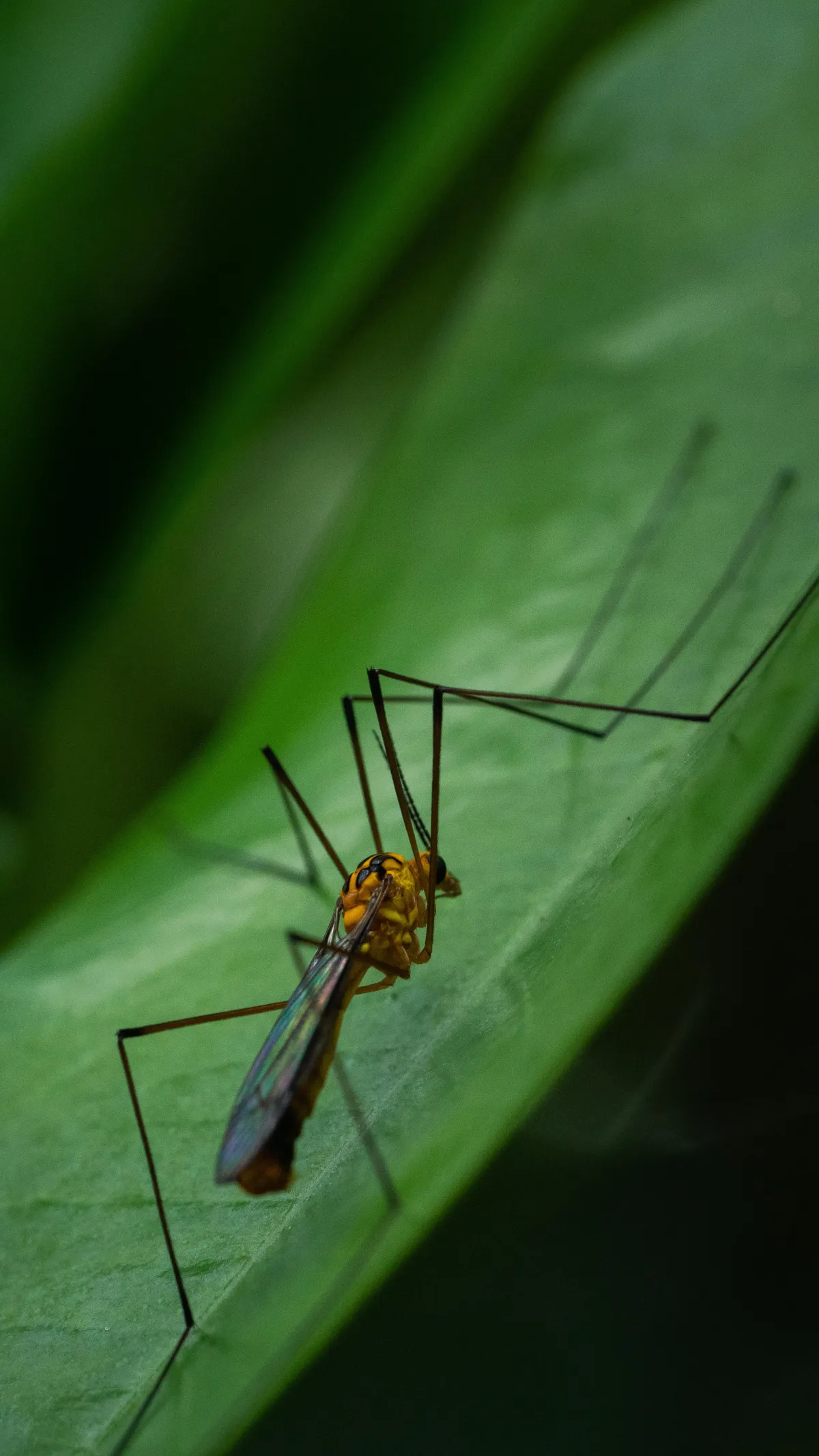
Mosquito Bites:
Itchy, red welts on exposed skin, especially after being outdoors
Buzzing Sounds:
The distinctive high-pitched whine of mosquitoes, particularly at night
Visible Adults:
Mosquitoes resting on walls, ceilings, or vegetation around your property
Larvae in Water:
Small, wiggling organisms in standing water sources
Increased Activity:
More mosquitoes around dawn and dusk when many species are most active
Hidden Indications
Standing Water:
Even small amounts of water in containers, gutters, or low areas
Overgrown Vegetation:
Dense vegetation providing resting areas during daylight hours
Proximity to Wetlands:
Property located near natural breeding grounds like marshes or ponds
Seasonal Patterns:
Increased mosquito activity after rainfall or during humid weather
The Risks of Mosquito Infestations
Mosquitoes can cause several problems around your home:
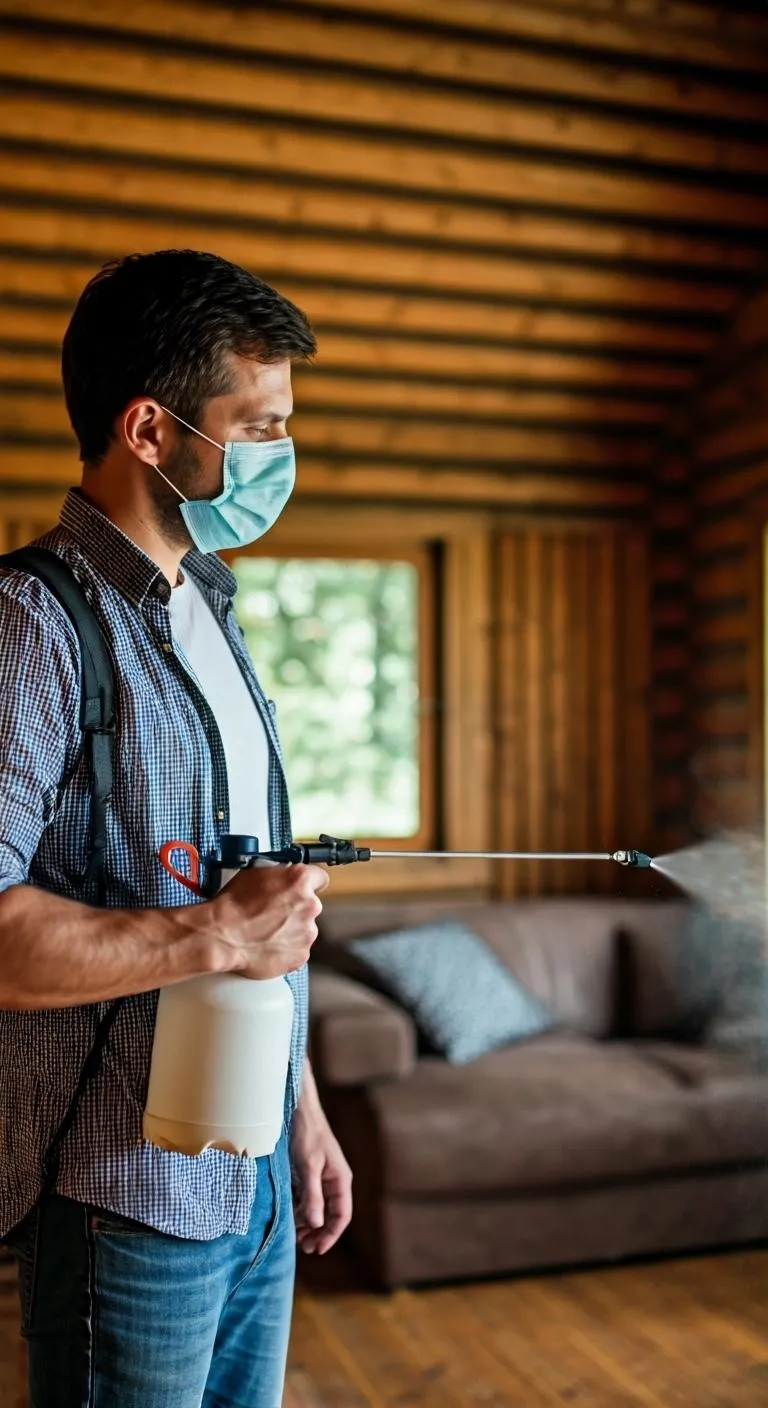
Disease Transmission:
Mosquitoes can carry and transmit bacteria, parasites, and viruses, including West Nile and Zika
Itchy Bites:
Mosquito bites cause itching and discomfort, potentially leading to secondary infections
Outdoor Disruption:
Heavy mosquito populations can make outdoor activities unpleasant or impossible
Rapid Reproduction:
Female mosquitoes can lay up to 100 eggs at a time, quickly increasing populations
Pet Health Risks:
Mosquitoes can transmit heartworm disease to dogs and cats
Our Comprehensive Mosquito Control Approach
We take a multi-faceted approach to mosquito control
Thorough Inspection
Our technicians will conduct a detailed inspection to: Identify all potential and active mosquito breeding sites
Locate resting areas where adult mosquitoes shelter
Determine the extent of the infestation
Identify environmental factors that may be enabling mosquito populations
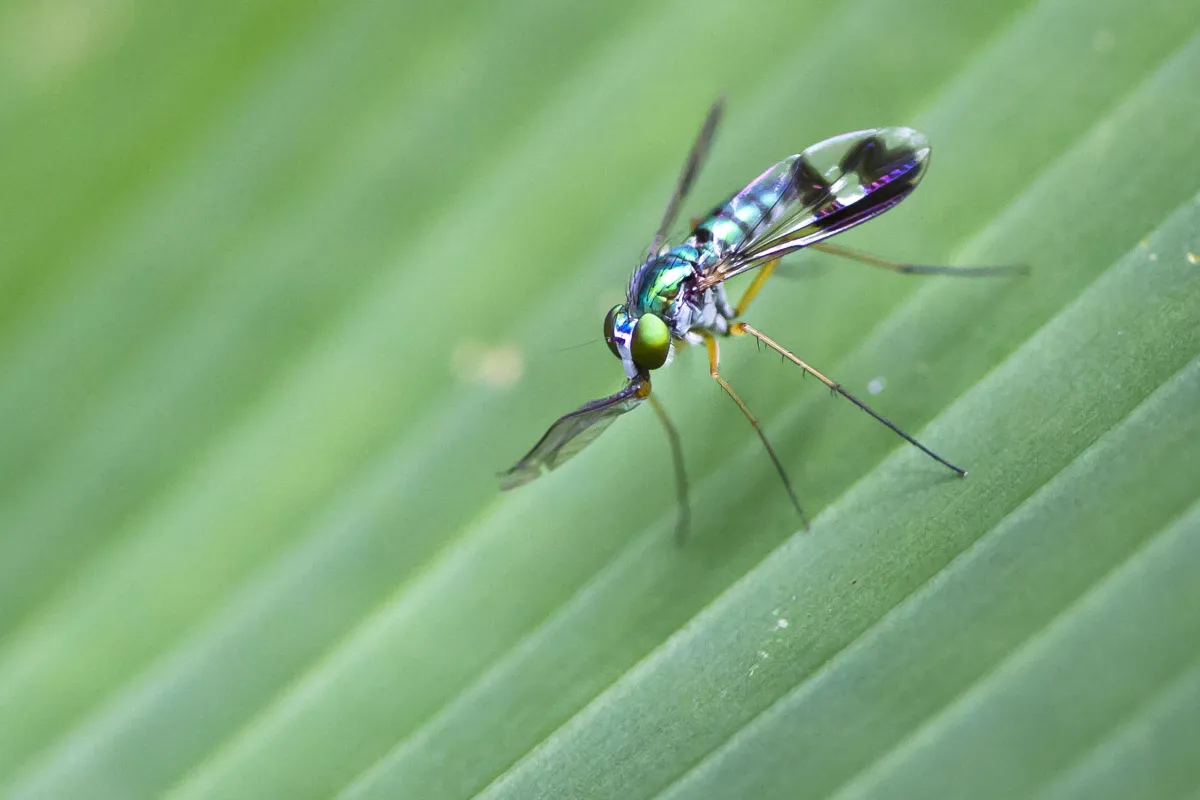
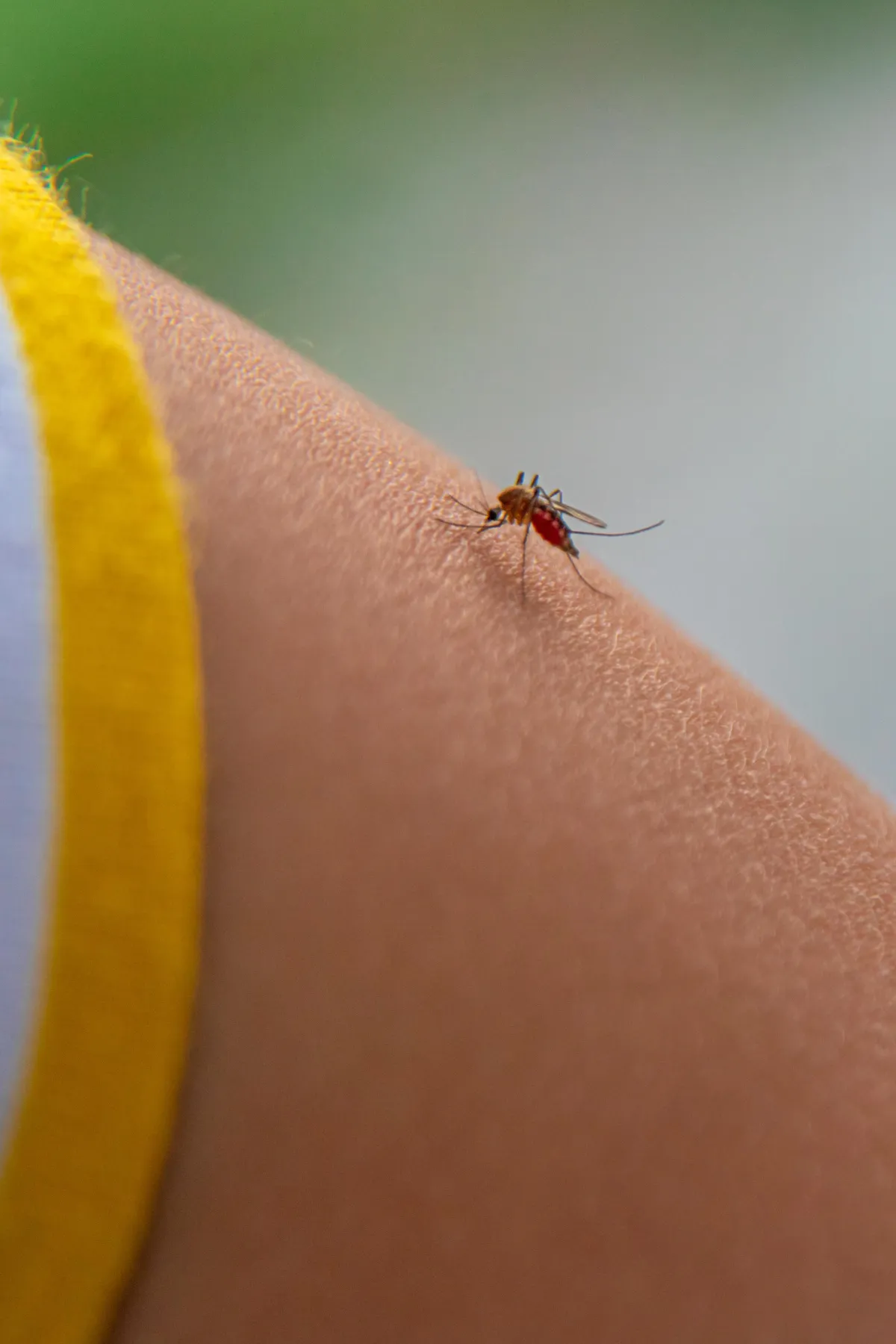
Customized Treatment Plan
Based on our findings, we'll develop a tailored mite control strategy that may include:
Larval Control
Larvicide applications for standing water that cannot be eliminated
Use of biological controls to target mosquito larvae in water sources
Recommendations for eliminating or managing necessary water features
Adult Mosquito Treatments
Targeted applications to vegetation and resting areas
Barrier treatments around the perimeter of your property
Specialized fogging treatments for immediate reduction in adult populations
Environmental Management
Recommendations for eliminating standing water
Guidance on landscape modifications to reduce mosquito harborage
Suggestions for outdoor lighting changes to minimize attraction

Prevention Strategies
We'll help prevent future mosquito problems by: Identifying and eliminating breeding sites
Recommending ongoing maintenance practices
Suggesting landscape modifications to reduce habitat
Advising on personal protection measures during peak mosquito season
Follow-Up Protection
Our commitment to mosquito control includes: Scheduled follow-up visits throughout mosquito season
Regular monitoring and treatment adjustments as needed
Additional treatments after heavy rainfall or other triggering events
Continuous protection against future infestations
Mosquito Prevention Tips
To help keep mosquitoes away from your property:
Water Management
Eliminate standing water in containers, bird baths, and low areas
Clean gutters regularly to prevent water accumulation
Change water in pet dishes and bird baths at least weekly
Use mosquito dunks in water features that cannot be drained
Landscape Maintenance
Keep grass trimmed short and reduce dense vegetation
Trim tree branches and shrubs to increase air circulation
Remove leaf litter and yard debris promptly
Consider plants with natural mosquito-repelling properties
Personal Protection
Use EPA-approved repellents when outdoors during peak mosquito times
Wear long sleeves and pants when mosquitoes are active
Install and maintain screens on windows and doors
Consider using fans on patios and decks as mosquitoes are weak fliers
The Risks of Mosquito Infestations
Mosquitoes can cause several problems around your home:
Health Concerns
Disease Transmission: Mosquitoes can spread serious diseases including West Nile virus, Zika virus, dengue, and others
Allergic Reactions: Some people experience severe allergic responses to mosquito bites
Secondary Infections: Scratching bites can lead to secondary bacterial infections
Quality of Life Issues
Outdoor Enjoyment: Heavy mosquito populations can prevent normal use of yards and outdoor spaces
Sleep Disruption: Mosquitoes entering homes can disturb sleep with their buzzing and biting
Property Value: Severe mosquito problems can affect the enjoyment and value of outdoor living spaces
Our Mosquito Control Guarantee
We stand behind our services with our satisfaction guarantee. If mosquitoes return between scheduled treatments, so will we—at no additional cost to you.
Frequently Asked Questions
Get answers to common questions about mosquitoes
What attracts mosquitoes?
Mosquitoes are primarily attracted to carbon dioxide that humans and animals exhale. They also detect body heat, sweat, and certain body odors. Standing water strongly attracts female mosquitoes as breeding sites. Even small amounts of water in containers, bird baths, clogged gutters, or poorly drained areas can become mosquito nurseries. Dark clothing tends to attract more mosquitoes than light-colored apparel. Additionally, bright outdoor lights may draw mosquitoes to your property at night.
How does mosquito control work?
Professional mosquito control works through a comprehensive approach targeting both adult mosquitoes and their larvae. The process begins with a thorough inspection to identify breeding sites and resting areas. For larvae, treatments include applying larvicides to standing water that cannot be eliminated. For adults, technicians apply residual insecticides to vegetation and resting areas. This creates a barrier that kills mosquitoes on contact and continues working for weeks between treatments. The most effective programs also include recommendations for habitat modification and ongoing maintenance to prevent future infestations.
How often will I need mosquito control?
Most effective mosquito control programs require regular treatments throughout the mosquito season, typically every 3-4 weeks. This schedule maintains the protective barrier around your property as treatments gradually break down due to weather conditions and new growth. In regions with longer mosquito seasons, you may need 6-8 treatments annually, while areas with shorter seasons might require only 3-4 treatments. The frequency may increase after heavy rainfall, which creates new breeding sites and can wash away some protection.
What diseases do mosquitoes spread?
Mosquitoes are vectors for numerous serious diseases worldwide. In the United States, the most common mosquito-borne disease is West Nile virus, which can cause fever, body aches, and in severe cases, neurological complications. Other diseases transmitted by mosquitoes include Eastern Equine Encephalitis (EEE), St. Louis Encephalitis, and La Crosse Encephalitis. In recent years, Zika virus has been a concern, particularly for pregnant women as it can cause birth defects. Globally, mosquitoes also spread malaria, dengue fever, chikungunya, and yellow fever.
Does spraying for mosquitoes work?
Yes, professional mosquito spraying is effective when properly applied as part of a comprehensive control program. The treatments target adult mosquitoes resting on vegetation and create a barrier that continues killing mosquitoes for weeks after application. However, spraying alone is not a complete solution. The most effective approach combines targeted spraying with larval control, elimination of breeding sites, and habitat modification. Regular treatments throughout mosquito season are necessary as the protection gradually diminishes due to weather conditions and new plant growth.
Ready for Mosquitos-Free Living?
Don't let microscopic mites cause major problems for your family's health and comfort. Our professional mosquitos control services provide effective, lasting solutions to eliminate these tiny but troublesome pests.
We guarantee your satisfaction—if mosquitoes return between scheduled treatments, so will we at no additional cost.



COMPANY
LEGAL
Contact
© Copyright 2026. Desert Shield Pest Control. All Rights Reserved.
